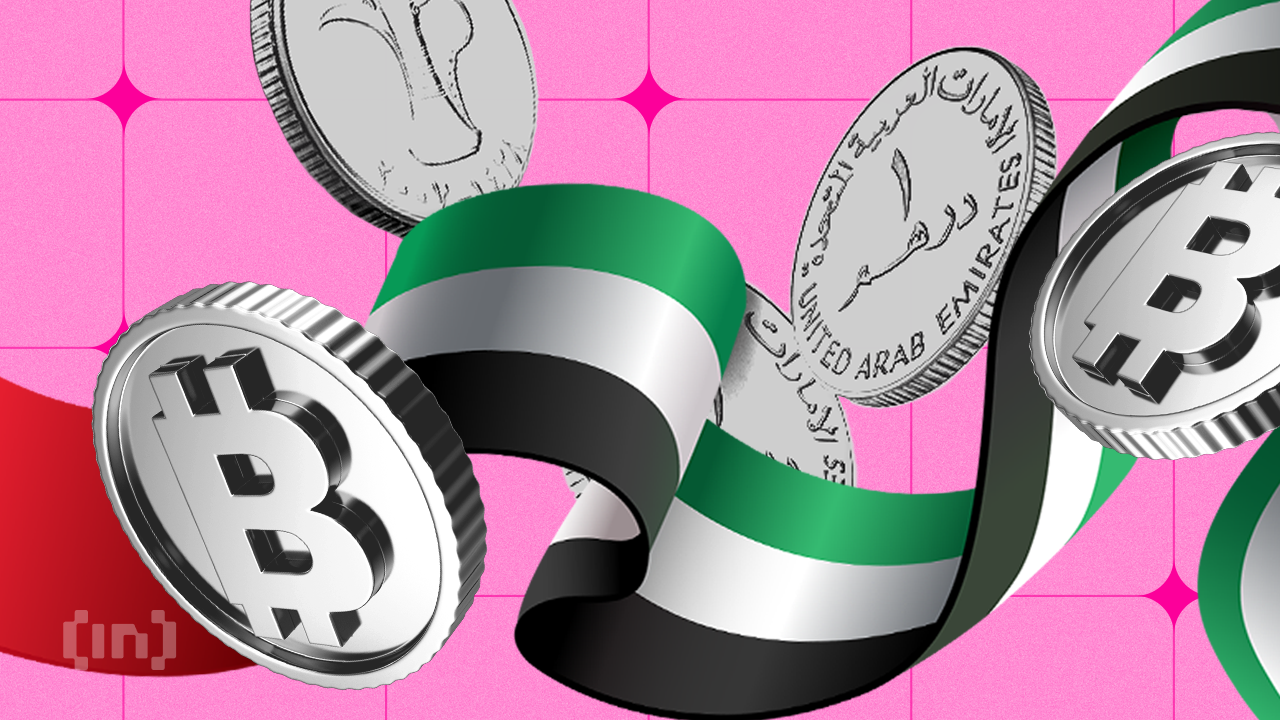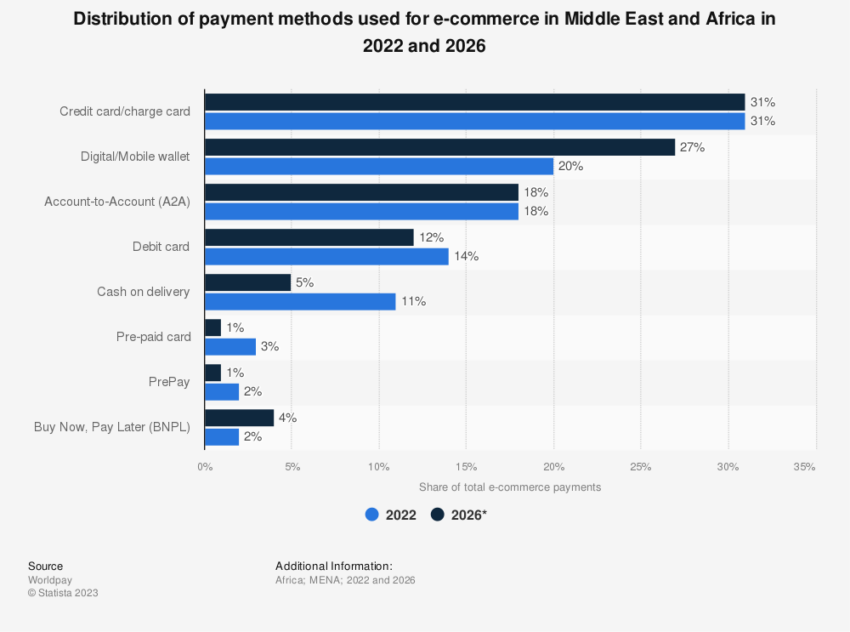How UAE’s Government Lures Crypto Players and Drives Dealflow

[ad_1]
The United Arab Emirates (UAE) has clearly emerged as one of the world’s leading crypto hubs, thanks to its innovation-friendly regulations and its knack for luring fintech-savvy entrepreneurs.
That’s according to a Chainalysis report released Tuesday, which cites a combination of federal and municipal reforms as reasons for the UAE’s crypto boom.
The UAE Government’s “Free Economic Zones” Lure Innovators, Report Says
In the year leading up to June 2023, some $35 billion worth of crypto transactions flowed through the UAE.
Many fintech entrepreneurs and Bitcoin miners want to do business there. In June, the billionaire Winklevoss twins, founders of the Gemini exchange, signaled their interest in basing operations in the small nation. Bybit and Crypto.com have already opened UAE offices.
How did the UAE come to be so attractive to crypto enthusiasts? In the view of Chainalysis’s researchers, the UAE has been in forefront of crypto innovation for years. In 2016, the city of Dubai rolled out a detailed blockchain strategy.
Dubai’s authorities had a far-reaching vision for how crypto would remake the city. Their 16-page strategy stands out for its thoroughness. It addresses network formation, operating models, the intellectual property rights of blockchain users, smart contracts, data standards, and more.
The strategy anticipated the multilingual nature of firms and parties making use of Dubai as a hub for crypto deals. One of its provisions requires that a smart contract be convertible to Arabic or to English. Nothing will be lost in translation. The contract must be readable the same way in no matter what language.
In 2022, Dubai launched its Virtual Asset Regulatory Authority (VARA) with a broadly pro-crypto orientation.
The UAE Government’s Pro-Crypto Stance
Dubai’s approach is a microcosm of a broader pro-crypto stance on the part of the UAE, the report argues. It cites the Abu Dhabi Global Market’s codification of the world’s first crypto regulatory framework.
Further federal reforms have given VARA and other local regulators latitude when it comes to regulation and have set aside economic free zones, the report states.
In April, UAE rolled out a crypto business licensing program. However, it is not binding on Dubai or the nation’s economic free zones.
In the report’s analysis, all these efforts have a net effect. The luring of fintech and digital asset players and fostering of innovation. They help explain why the UAE stands out among many jurisdictions worldwide that have ventured into the crypto space, with wildly varying degrees of success.
One downstream effect of this pro-crypto stance is the luring of Bitcoin mining firms. In July, commentator Jaran Mellerud noted that the UAE’s operational mining capacity had grown to 400 megawatts, or four percent of Bitcoin’s global hash rate.
Learn more about the UAE’s willingness to experiment with digital technology.

The View on the Ground
The UAE’s stance does not mean its regulators are unwilling to be tough. Or that they have any patience for fraud or other malfeasance.
Last month, VARA slapped digital assets exchange OPNX with a $2.7 million fine for failing to adhere to the UAE’s marketing and advertising standards. OPNX is the new venture of Kyle Davies and Su Zhu, whose exchange Three Arrows Capital went under in June 2022, owing billions of dollars to creditors.
Laura K. Inamedinova, a partner of Dubai-based Illuminati Capital, sees local officials as having gotten tougher in recent months. After all, they don’t want the stigma that comes with rampant fraud.
“The recent moves by Dubai’s regulator show that they’re getting stricter about crypto and blockchain, which doesn’t come as a surprise,” Inamedinova told BeInCrypto.
Navigating the UAE’s Regulatory Complexities
The severity toward a noncompliant firm does not at all mean Dubai and the UAE have shifted from their pro-innovation stance. Moreover, the existence of different laws on the part of Dubai and the government does not signify friction between them.
Could the existence of disparate rules in the free zones and on the part of the government deter some players? Inamedinova doesn’t think it should.
“Dubai is a haven for the free reign of innovation and revolutionary ideas. While startups and new projects will have to navigate more complex regulations, it’s a tradeoff that could lead to greater mass adoption in the long term,” she added.
Inamedinova sees Dubai as a “hot spot” for local and international Web3. And, as the industry grew, regulators’ engagement with it naturally did the same, she stated.
“The approach can differ case by case. What might look like overreach to one startup might seem like a reasonable requirement to another. Overall, I think these are necessary steps to bring Web3 technology to more people in a safer way,” Inamedinova stated.
Disclaimer
In adherence to the Trust Project guidelines, BeInCrypto is committed to unbiased, transparent reporting. This news article aims to provide accurate, timely information. However, readers are advised to verify facts independently and consult with a professional before making any decisions based on this content.
[ad_2]
Source link

